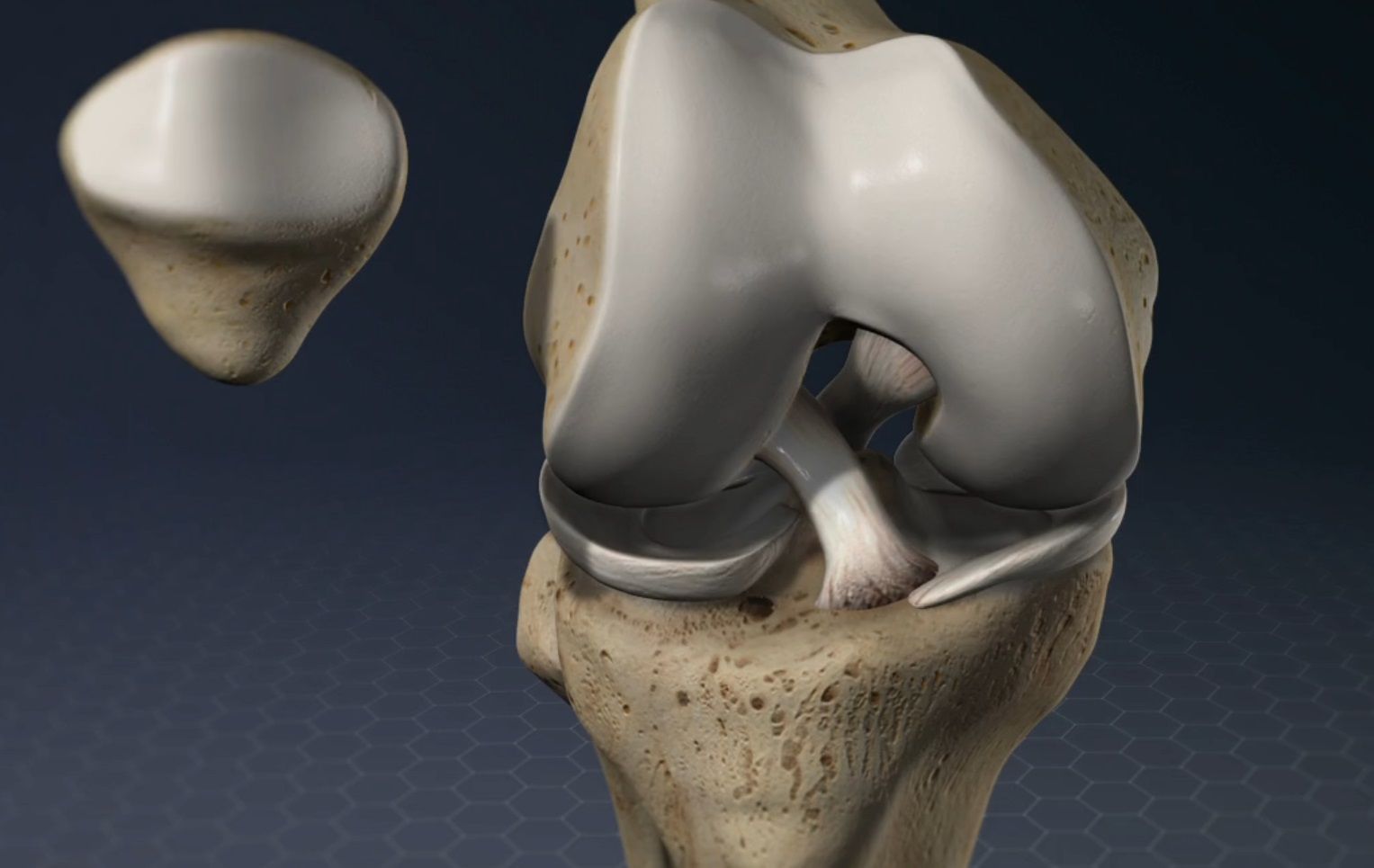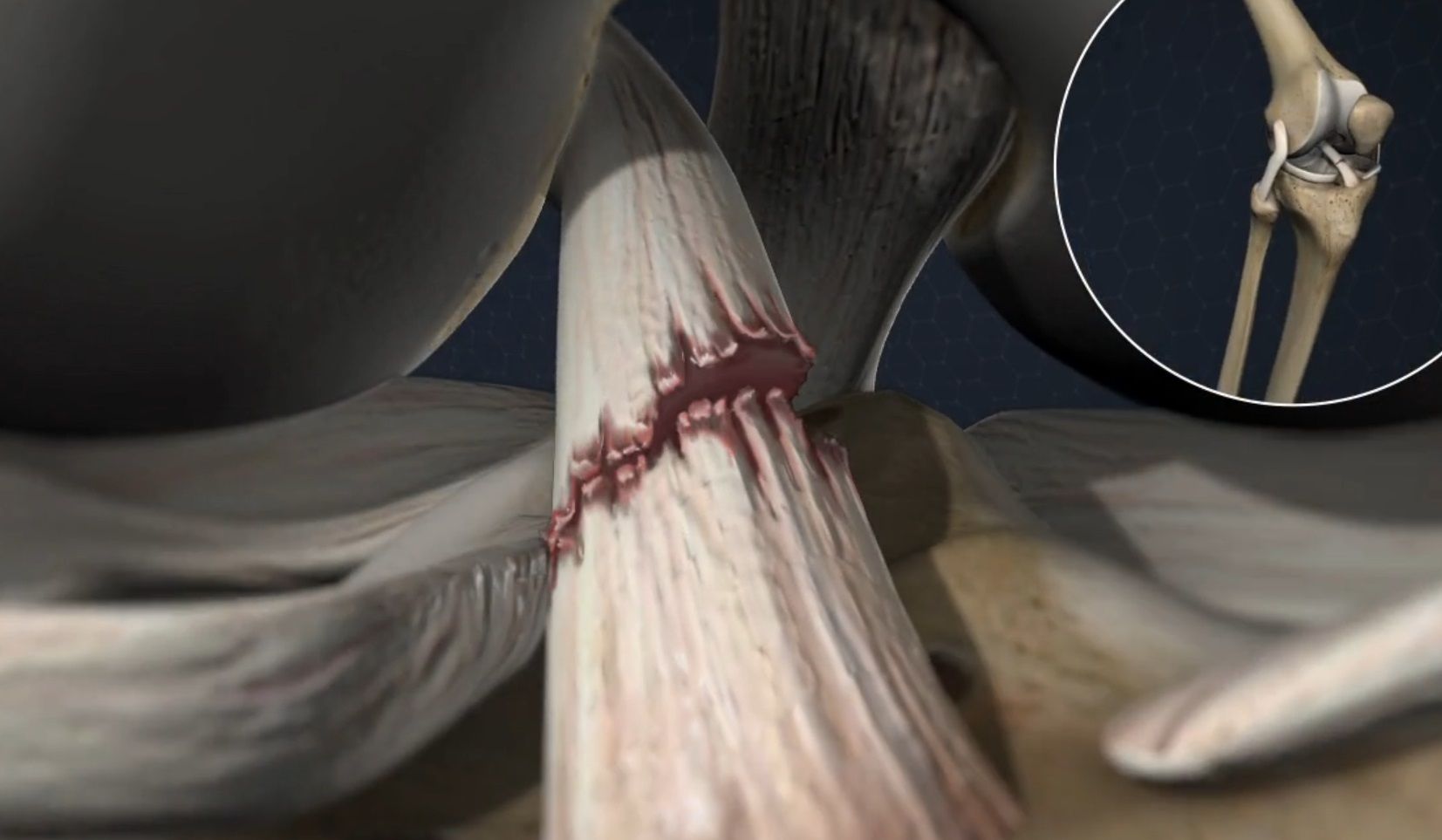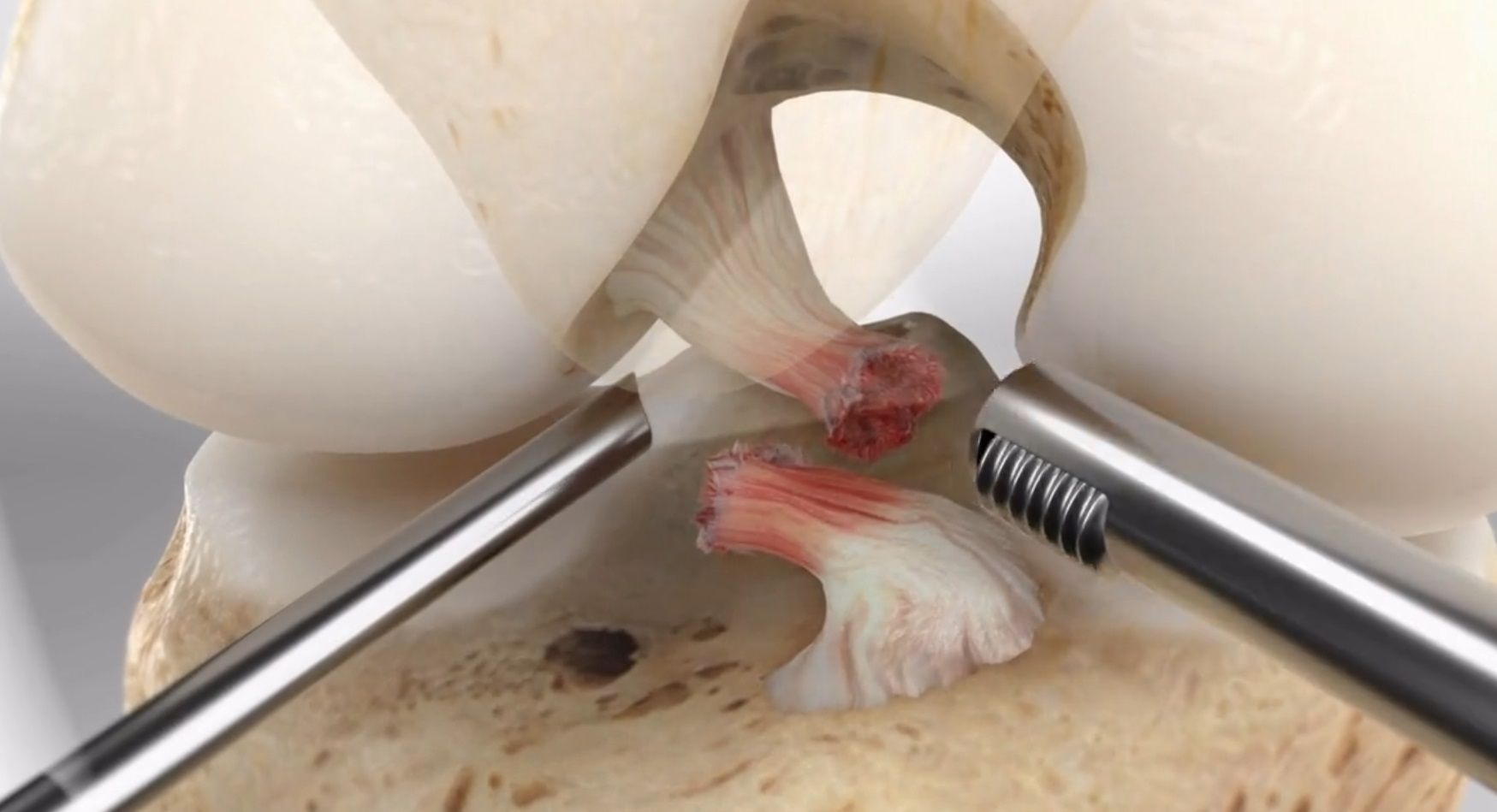PCL (Posterior Cruciate Ligament) Injury
Strong bands of tissue called “ligaments” help stabilize the bones that form the knee joint. One of these ligaments is called the “PCL.” It helps connect the femur to the tibia. If you stretch or tear a PCl, your knee may become unstable.
PCL (Posterior Cruciate Ligament) Injury
PCL (Posterior Cruciate Ligament) Injury
Overview
Your knee has four strong bands of tissue called ligaments that connect and stabilize the bones that form the joint. The posterior cruciate ligament, also called the “PCL.”, connects the femur to the tibia. Stretching or tearing your PCL will cause your knee to be painful and unstable.
Causes
Your PCL can be injured during contact sports by a sudden blow to the front of your knee when it is bent. Your PCL can also be injured in car crashes, falls, or even if you misstep or twist your knee.
Symptoms
When your posterior cruciate ligament is injured, your knee will feel unstable and painful. Your knee joint will swell and you will have difficulty walking.
Treatment
Treatment depends on the severity of your PCL injury. If your ligament is stretched or strained, you may only need ice, rest, over-the-counter medications, a knee brace, and physical therapy. If the ligament is torn or ruptured, you will likely need to have it surgically repaired.
Revised from www.viewmedica.com © Swarm Interactive. Unauthorized duplication is strictly forbidden.




